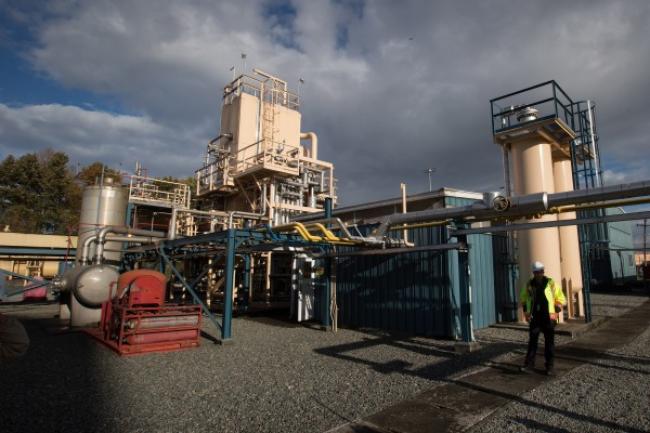Articles Menu

In May, Premier Christy Clark named 19 people to a new Climate Leadership Team that included representatives from provincial and municipal governments, industry, academia, the environmental community and First Nations. She said the team was to “consider the best actions” to get a lagging B.C. back “on track” in reducing greenhouse gas emissions.
November 30, the deadline for the committee to submit its recommendations, fast approaches. On that day, international climate change talks begin in Paris and Clark will likely be there boasting of B.C.’s green credentials.
For that reason, it is vital that the team’s members — particularly its environmental reps — not legitimize a “clean energy” plan that could set back renewable energy initiatives by decades and is an affront to aboriginal rights and interests.
Take, for example, a discussion paper on climate leadership released in July by the B.C. government and reviewed by the committee.
“The British Columbia government recognizes that more actions are needed to keep pace and achieve our targets, as our economy grows and diversifies. For example, the province is preparing to develop a liquefied natural gas industry over the next decade. LNG could reduce global emissions by replacing the use of coal in fast-growing economies such as China and India.”
To date, none of the committee’s respected environmental appointees — Tzeporah Berman, former co-director of Greenpeace International’s global climate and energy program, Matt Horne, the Pembina Institute’s regional director for B.C., and Merran Smith, executive director of Clean Energy Canada — have publicly questioned in their capacity as committee members how building just one LNG plant in B.C. is even remotely compatible with “clean energy objectives.” LNG and clean energy are, in fact, completely incompatible. Higher greenhouse emissions and more contaminated water are a certainty with LNG, which will require vastly more natural gas drilling and fracking.